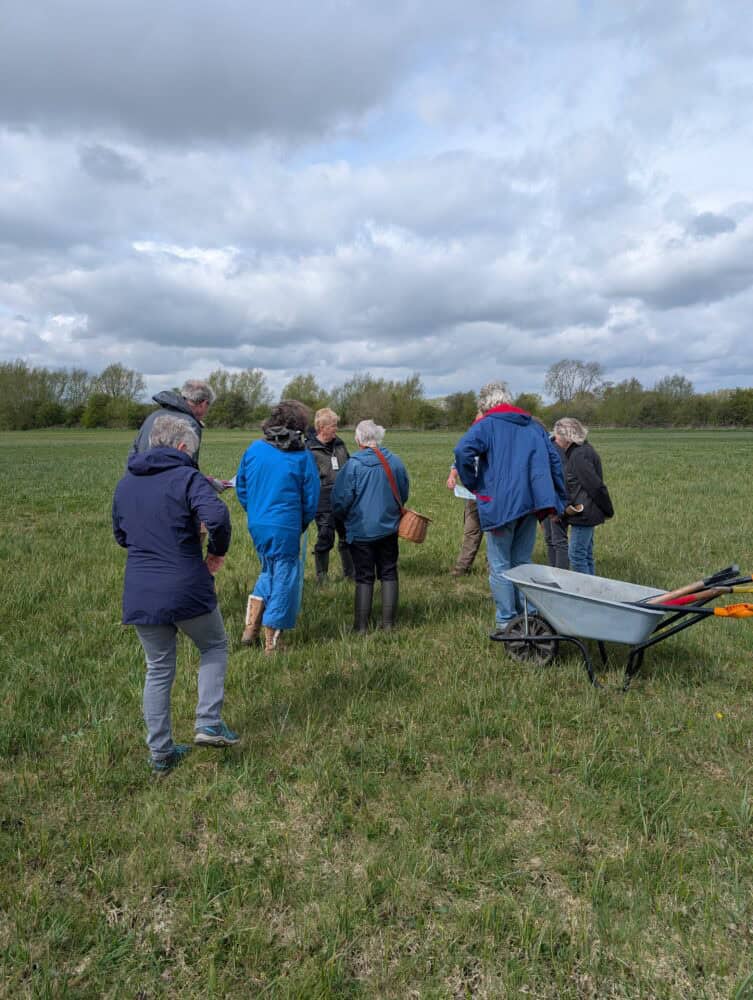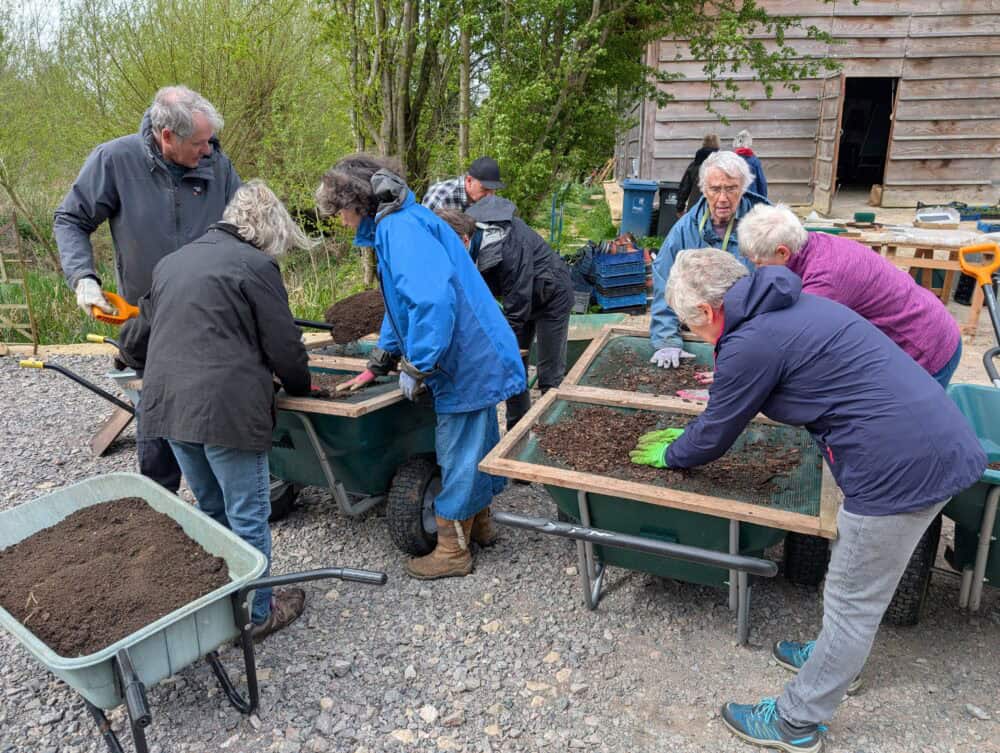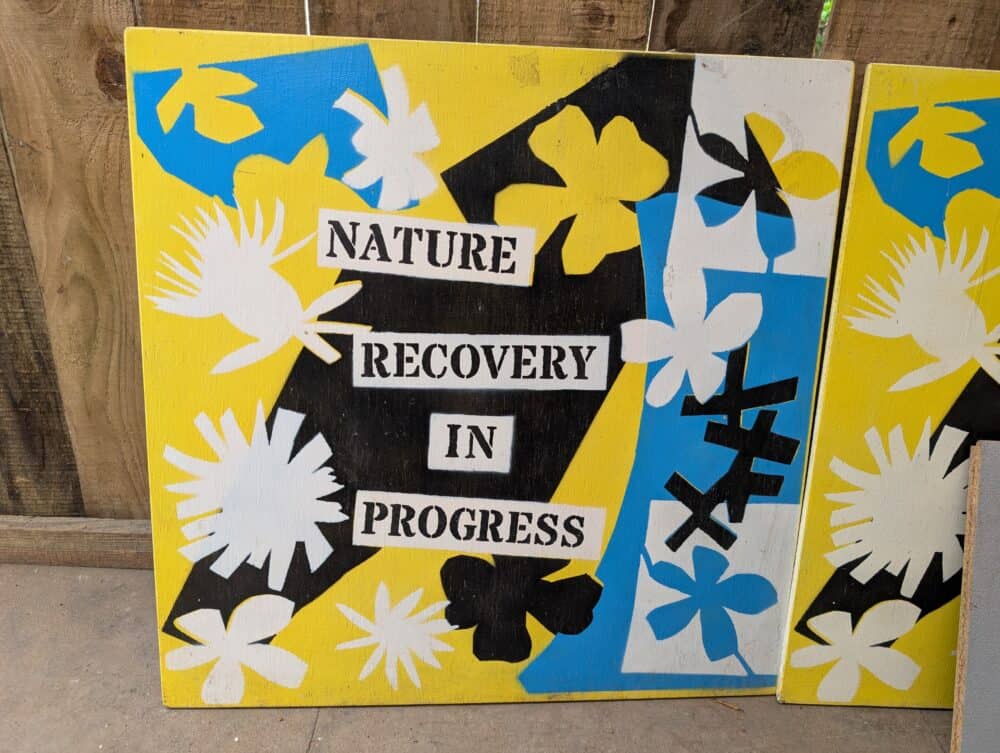Would you recognise an Early marsh orchid or, for that matter, Great burnet, Dropwort, Molly blob (also known as Marsh marigold), Meadow-rue or Adder’s-tongue fern?
Volunteers from Charlbury and other nearby communities grappled with all these names and more at the first session of a training programme on how to propagate rare meadow plants and restore floodplain meadows. It took place on 14th April at Long Mead Local Wildlife Site, near Eynsham, home of the Long Mead Foundation.
Real meadows are rare
Floodplain meadows, once common, are now extremely rare with only four-square miles of true meadow (defined as having at least forty different meadow plant species per square metre) left in the whole country.
SusCha has provided £6,900 of funding for the programme which is being run by the Foundation. It will support efforts to recreate an area of floodplain meadow on The Mill Field, Charlbury’s principal recreation space. The programme is open to people from other places as well as Charlbury.
The broader aim is to develop a cadre of enthusiastic and knowledgeable volunteers keen to spread the word about meadow restoration and develop schemes across Oxfordshire and beyond.
Centre of expertise
Long Mead is owned by Catriona Bass and Kevan Martin. The site includes one of the few remaining ancient floodplain meadows in Britain. It was mentioned in the Domesday book! Over the last couple of decades, Catriona and Kevan have built up nationally recognised expertise in the delicate and difficult arts of meadow management and restoration.
The SusCha backed training is free of charge and takes place in weekly sessions extending into late autumn 2025. It is not necessary to turn up to every session. Participants will hopefully develop the skills needed to:
• Restore and create their own local meadows.
• Propagate rare floodplain meadow plants and other meadow plant species.
• Develop inclusive projects that engage the whole community to work together simultaneously, including those with learning disabilities and autism, people with physical and mental health challenges.
Plug plants for The Mill Field
One practical result will be the propagation of 500 rare meadow plants of 9cm pot size, grown from Long Mead provenance seeds, to be transplanted into the Mill Field in Charlbury. Plug plants have a much greater chance of taking hold than simply putting seeds into the ground.
Ten people showed up for the first session. Activities included making compost from willow woodchip and soil from molehills, and planting Dropwort and Great burnet seeds. The highlight for many was walking the ancient meadow with Catriona as the expert guide.


